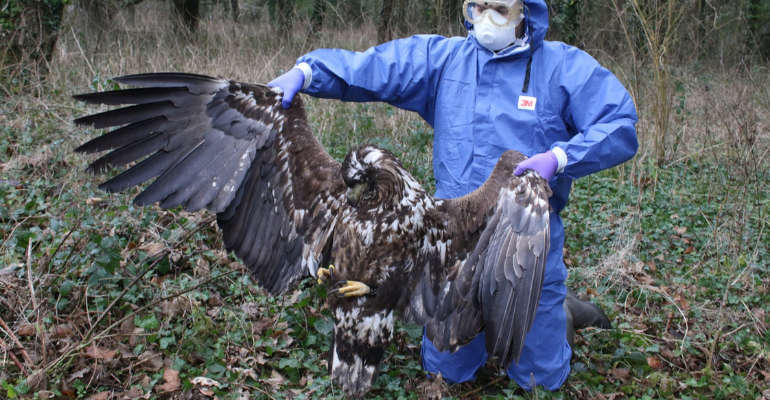
A leading wildlife charity says it's "absolutely baffled" after Dorset Police ended its investigation into the death of an Isle of Wight sea eagle.
The bird, which was one of 25 White-tailed Eagles released on the Island, was said to have consumed 'seven times the amount of rat poison needed to kill it'.
Its death in Dorset earlier this year prompted a police investigation. Dorset Police has since revealed it will take no further action, despite the discovery of rat poison in the eagle's system.
A spokesperson for Dorset Police said:
"A detailed examination and tests have been carried out on the bird, which were inconclusive, and it has therefore not been possible to confirm that any criminal offence has been committed.
"While high levels of brodifacoum were detected, it has not been possible to establish whether this was as a result of a deliberate act or due to secondary rodenticide poisoning.
"As a result, no further police action will be taken in relation to this report."
The force's decision to end the investigation has been labelled 'premature' by wildlife charity, RSPB.
Global Conservation Director, Katie-Jo Luxton, says it has sought assurances that the police's wildlife crime remit is still operational.
She said:
"We are completely baffled by the decision of Dorset Police to end the white-tailed eagle investigation so prematurely. Brodifacoum - the rodent poison that killed the eagle is highly toxic and it is clear that was being used either incompetently or with intent to kill raptors - either way an illegal act. A thorough land search had been planned on the estate in question, to look for evidence such as poison baits or misuse but that was recently and unexpectedly called off.
"The investigation has not been closed by the Health and Safety Executive but that has now been made defunct by the Police communication. We seek assurance from Dorset Police that their wildlife crime remit is still operational and that other significant on going raptor persecution investigations are fully investigated 'without fear or favour 'as per Police Oath."
The Roy Dennis Wildlife Foundation, which runs the reintroduction programme alongside Forestry England said data indicates that the eagle's health deteriorated over a period of several days.
The group said:
"Post mortem and toxicology testing through the Wildlife Incident Investigation Scheme has subsequently identified brodifacoum poisoning as the cause of death. Brodifacoum is a highly toxic anticoagulant rodenticide that causes internal haemorrhaging. The bird’s liver contained approximately seven times the amount of brodifacoum required to kill a bird like a White-tailed Eagle.
"The satellite data indicates that the eagle, which was otherwise healthy, deteriorated and died over a period of several days."
A spokesperson added:
"It is very disappointing that G461 has become the latest bird of prey to die of brodifacoum poisoning, and we hope that the death of this bird serves as a reminder of the toxicity of anticoagulant rodenticide poisons and the impacts they can have on wider wildlife."
The White-tailed Eagle is the third to die this year.
Another was found in the south of England, while another was discovered on the Isle of Wight, as Isle of Wight Radio exclusively revealed.


 Hovertravel Services Remain Suspended Due To Unexploded Ordnance
Hovertravel Services Remain Suspended Due To Unexploded Ordnance
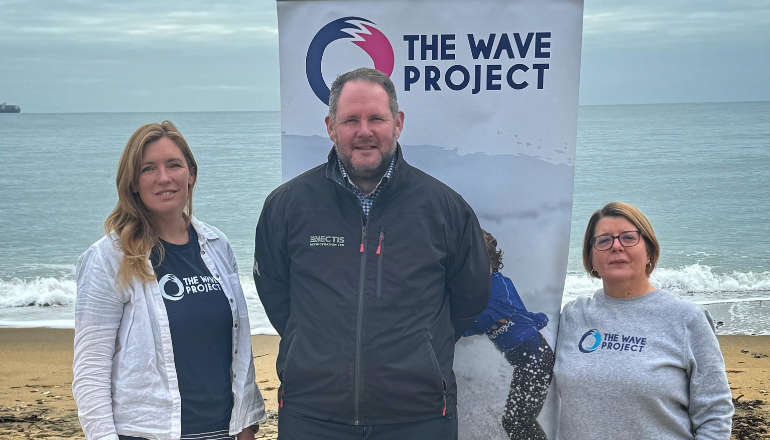 Local Business Gives Back By Supporting Surf Charity
Local Business Gives Back By Supporting Surf Charity
 Local Energy Company Seeks Rooftops For Community Solar Projects
Local Energy Company Seeks Rooftops For Community Solar Projects
 Who Will You Nominate For 50th Isle Of Wight Sports Achievement Awards?
Who Will You Nominate For 50th Isle Of Wight Sports Achievement Awards?
 Isle Of Wight Churches Launch Urgent Fundraising Appeal For Debt Help On The Island
Isle Of Wight Churches Launch Urgent Fundraising Appeal For Debt Help On The Island
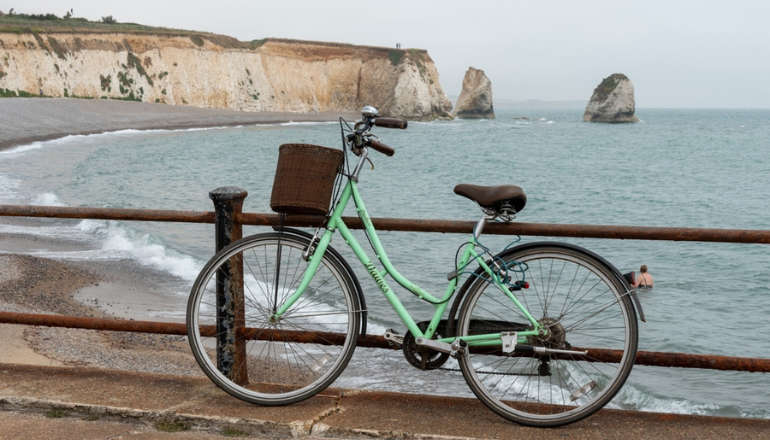 Plans Afoot To Improve Isle Of Wight Cycling And Walking Routes
Plans Afoot To Improve Isle Of Wight Cycling And Walking Routes
 Appeal Following Report Of Assault In Cowes
Appeal Following Report Of Assault In Cowes
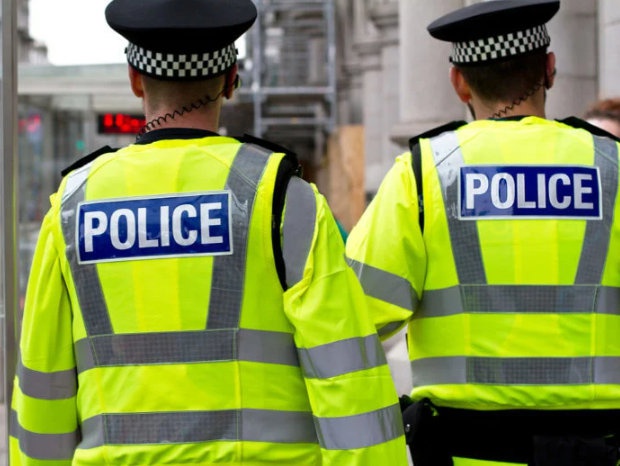 Witness Appeal Following Fatal Incident On Isle Of Wight
Witness Appeal Following Fatal Incident On Isle Of Wight
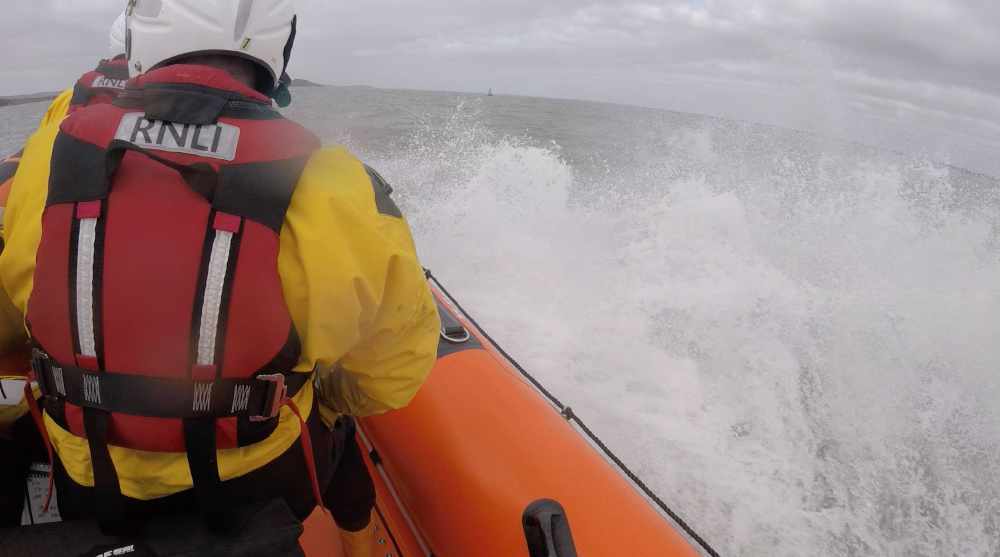 Cowes RNLI Lifeboat Attends ‘Man In River’ Emergency
Cowes RNLI Lifeboat Attends ‘Man In River’ Emergency
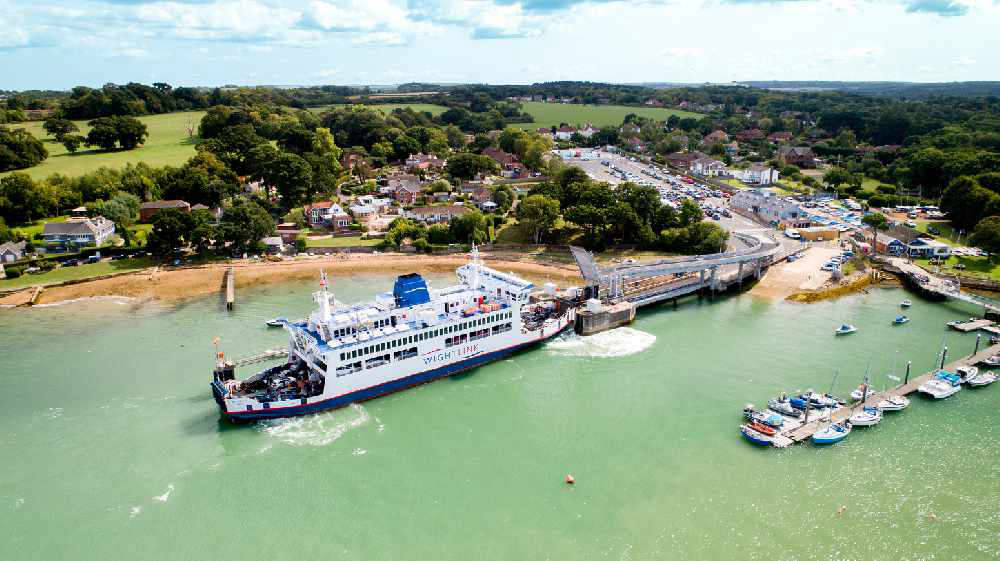 Wightlink Releases Statement Regarding Suspended Services
Wightlink Releases Statement Regarding Suspended Services
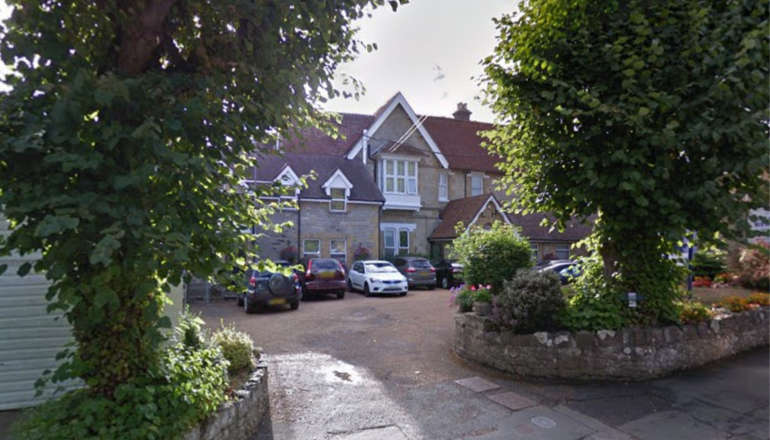 Changing Rooms: Shanklin Hotel Set For Upgrades
Changing Rooms: Shanklin Hotel Set For Upgrades
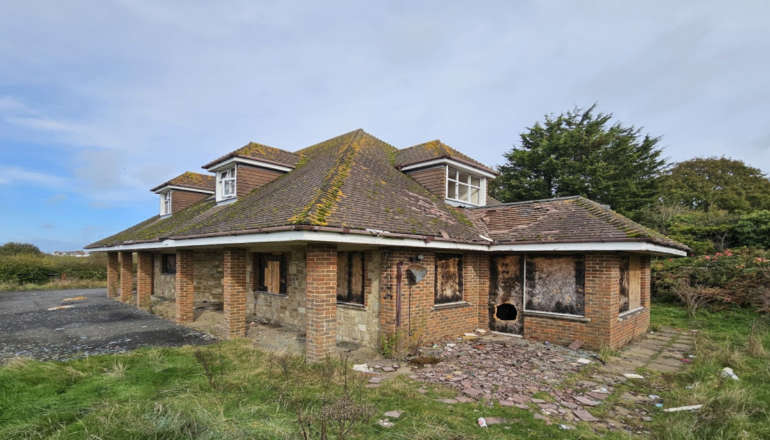 'Plagued' Ryde Farmhouse Set For Demolition
'Plagued' Ryde Farmhouse Set For Demolition
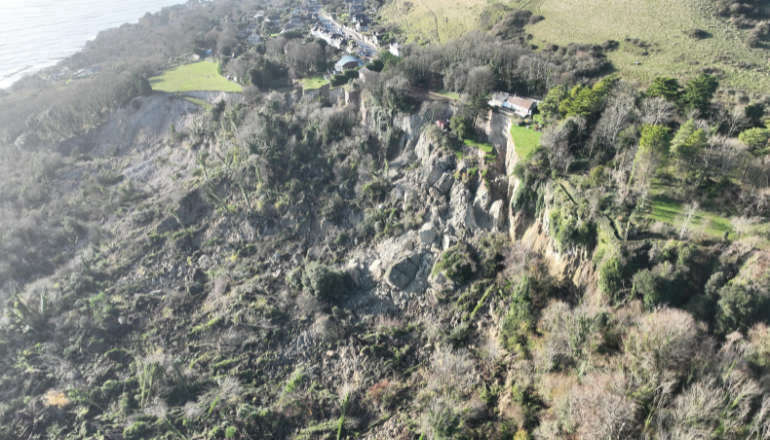 Leeson Road To Re-Open This Sunday
Leeson Road To Re-Open This Sunday
 Supergrass, Jess Glynne And Busted Among Latest Acts Announced For Isle Of Wight Festival 2025
Supergrass, Jess Glynne And Busted Among Latest Acts Announced For Isle Of Wight Festival 2025
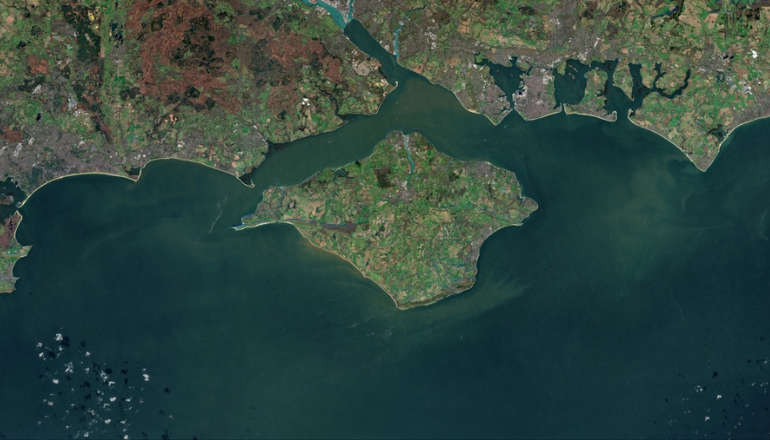 Inspectors Appointed For Island Planning Strategy Examination
Inspectors Appointed For Island Planning Strategy Examination
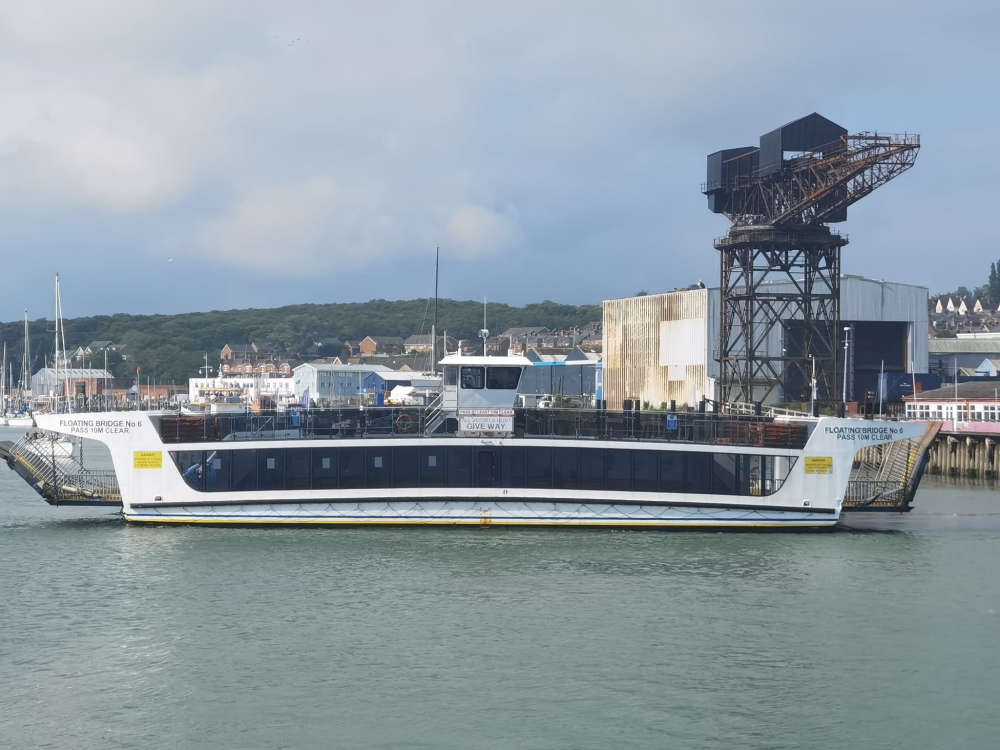 Islanders Floating Bridge Views Sought
Islanders Floating Bridge Views Sought
 Two More Years Of Restoration Works Confirmed For Isle Of Wight Quarry
Two More Years Of Restoration Works Confirmed For Isle Of Wight Quarry
 RSPCA Isle Of Wight Appeal Launched To Help Island's Most Vulnerable Animals This Christmas
RSPCA Isle Of Wight Appeal Launched To Help Island's Most Vulnerable Animals This Christmas
 Appeal For Information Following Assault At Crown Pub In Ryde
Appeal For Information Following Assault At Crown Pub In Ryde
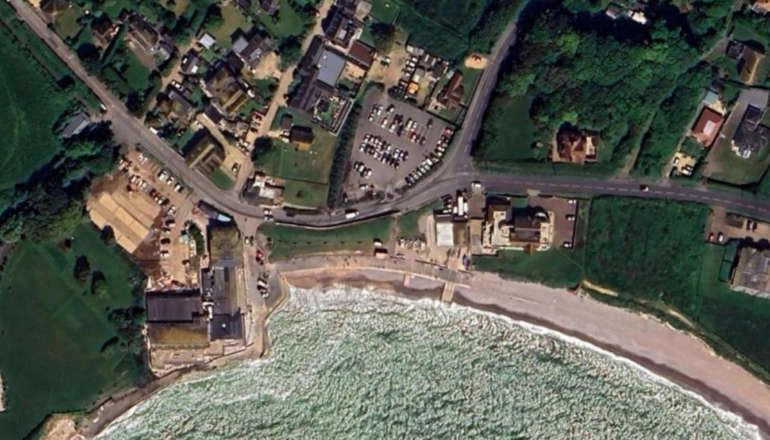 New Entrance And Kitchen Mooted For Freshwater Bay Hotel
New Entrance And Kitchen Mooted For Freshwater Bay Hotel


